Les principes de la démocratie
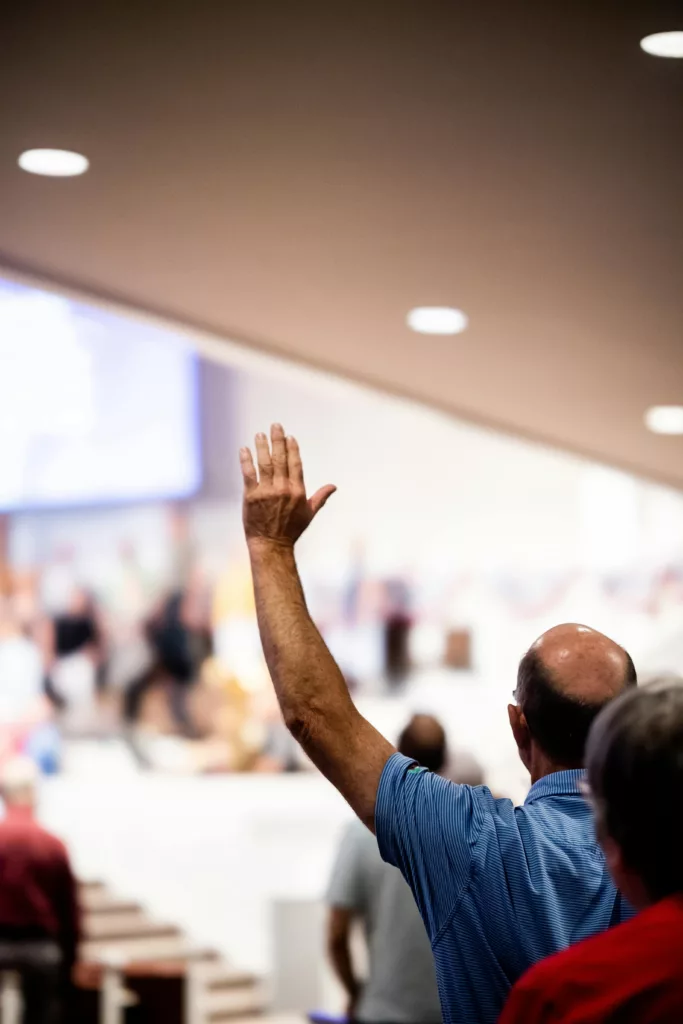
Cet article part des principes de base de la démocratie et pose la question d’une démocratie « à l’Africaine ».
Les Assemblées citoyennes peuvent-elles apporter un nouveau souffle à notre démocratie ?
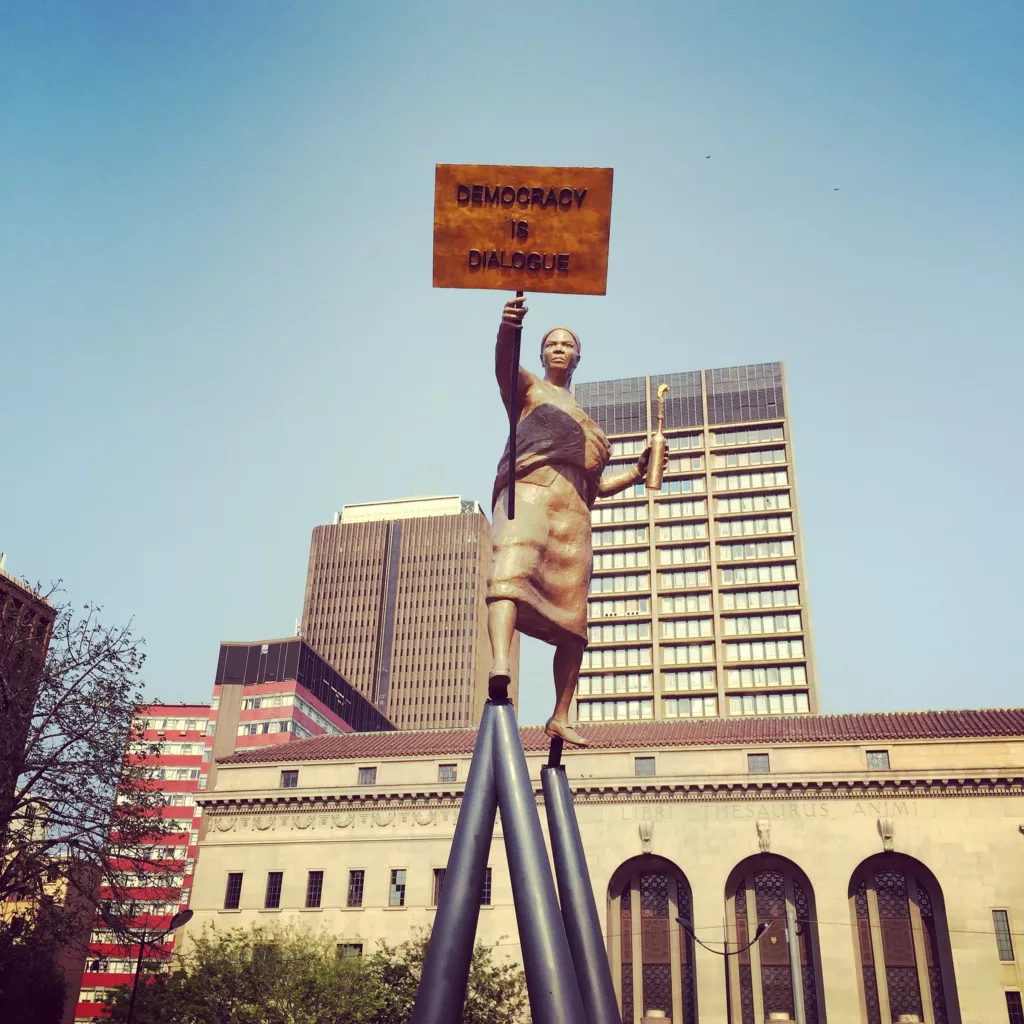
Face au constat d’une abstention électorale grandissante en Europe, cet article présente les assemblées citoyennes en partant du cas belge.
La participation électorale des Congolaises en 2023 : un goût de déjà vu ?
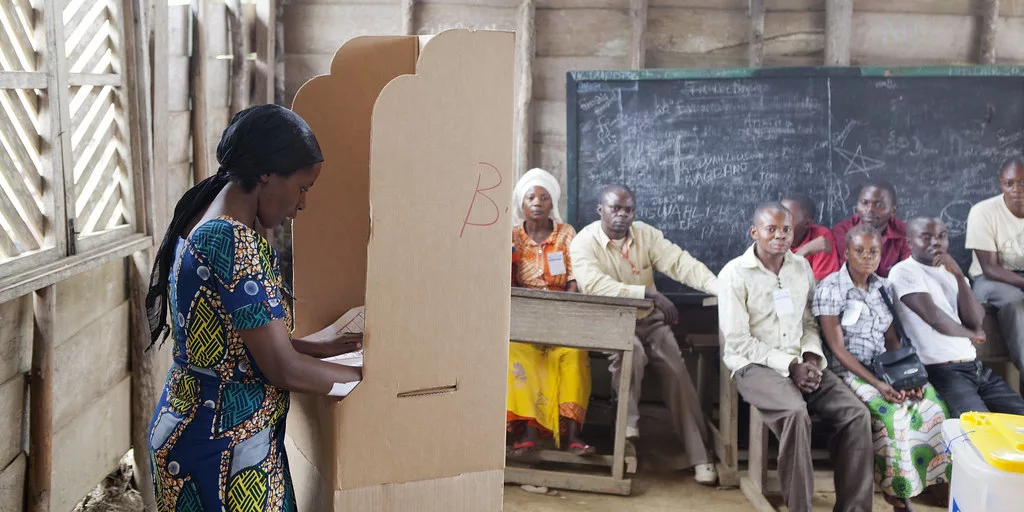
Dans ce contexte post-électoral en RD Congo, il faut se pencher sur la participation politique des femmes comme un indicateur des enjeux atteints et à venir.
La décolonisation : un processus de réconciliation dans son essence ?
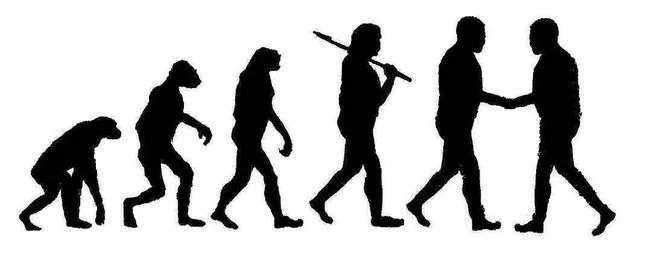
Cette analyse traduit la décolonisation comme un processus de réconciliation sociétale et nous encourage à nous y engager complètement.
Words are like bees: they have honey and sting
This analysis defends the idea that the words chosen have a capital importance in the defense of peace.
Justice and democracy as conditions for peace: reflection on the Israeli-Palestinian conflict
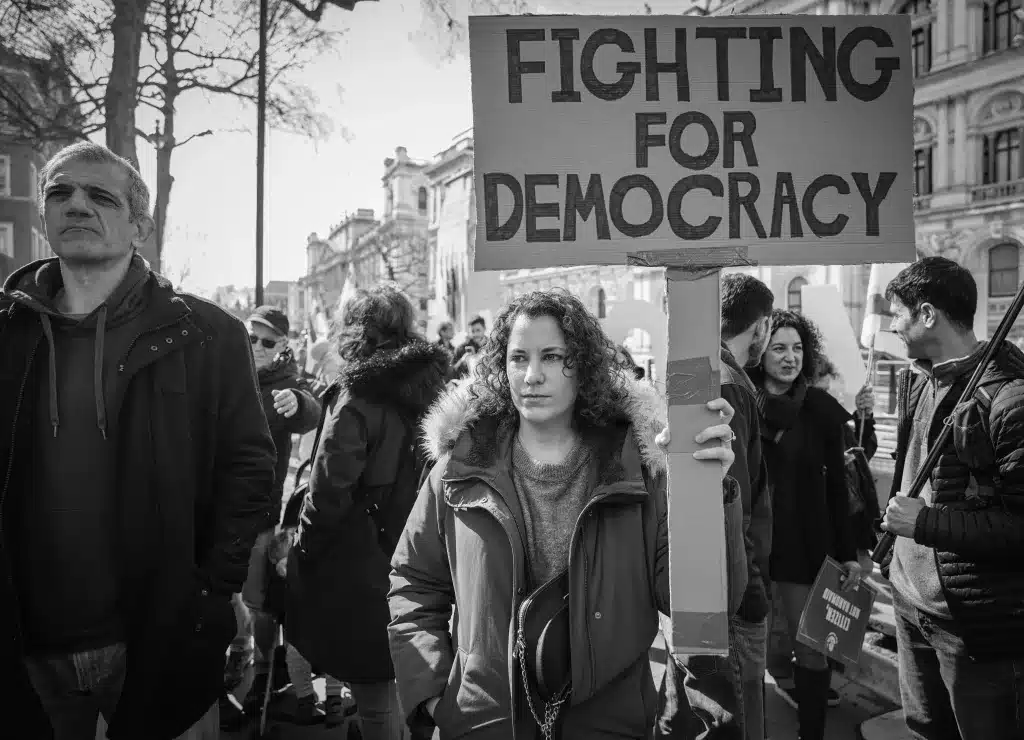
This article explores the principles that could serve as a basis for resolving the Israeli-Palestinian conflict and draws on the experience of the Truth and Reconciliation Commission set up in South Africa.
Israel-Hamas conflict: The need to promote an impartial debate on International Humanitarian Law

In the context of the Israeli-Palestinian conflict, this article offers a look at the foundations of International Humanitarian Law
Building peace, at the heart of our society

This analysis offers a look at the way in which peace can be built within our society, through various channels such as school or civil society.
Reconciliation: a brief presentation of the concept

A brief analysis which presents the concept of reconciliation and invites readers to read the educational tool “Mémoriaction”.
The impact of armed conflicts on the environment, climate justice and eco-solidarity actions

Armed conflicts, whether internal or international, have considerable human and environmental costs. In addition to the loss of human life and the massive displacement of populations that they can cause, these conflicts have a major impact on ecosystems.